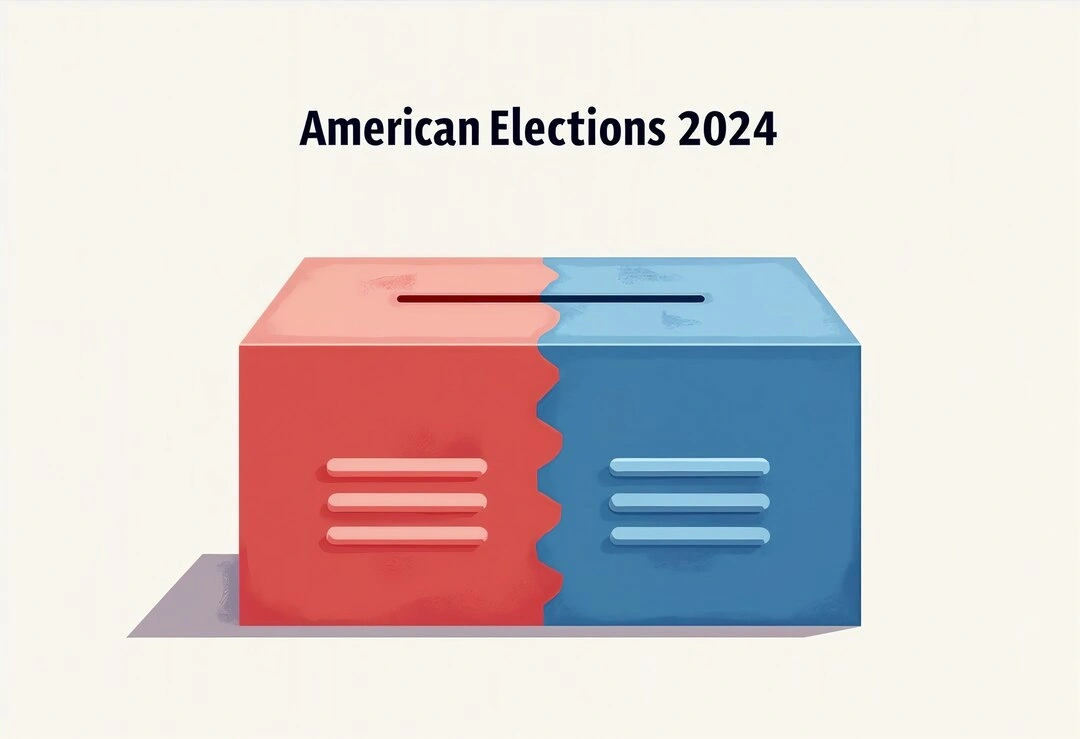iPhone
Indonesia
Apple
EconomicSanctions

iPhone
Indonesia
Apple
EconomicSanctions
Indonesia, the world's fourth most populous nation, has imposed a ban on the sale of Apple's latest iPhone model, the iPhone 16. This significant development stems from Apple's alleged failure to meet the Indonesian government's mandated local content requirements for electronic devices. The ban, announced on October 28th, has sent ripples through the Indonesian tech market and highlights the country's efforts to bolster its domestic industries through stringent regulations.
The Indonesian Ministry of Industry issued a statement clarifying the reasons behind the sales prohibition. The statement explicitly stated that the iPhone 16, imported by registered importers, is ineligible for sale within the country because PT Apple Indonesia, Apple's local operating entity, has not fulfilled its investment commitment. This commitment, a crucial element in obtaining the necessary "local content level" certification for innovation, appears to be the central point of contention.
The Local Content Requirement: A Double-Edged Sword
Indonesia's regulations mandate a 40% local content requirement for tablets and handsets. This policy, aimed at stimulating domestic manufacturing and technology development, has been a source of both encouragement and controversy. While proponents argue that it fosters economic growth within the country, critics contend that it deters foreign investment and limits consumer choice. This ban on the iPhone 16 serves as a stark illustration of the challenges and potential drawbacks associated with such protective measures.
The Indonesian government's commitment to fostering local industries is evident in its historical use of trade regulations. This strategy, however, has a complex effect on foreign investors. While Indonesia presents a tremendously lucrative market with its enormous population, the stringent requirements can create significant hurdles for companies like Apple, which operate on a global scale.
Market Size and the Impact of the Ban
Indonesia boasts a population of approximately 280 million people and a staggering 354 million active mobile phone subscriptions. This represents an immense potential consumer base for Apple. However, the ban significantly limits the company's access to this considerable market. The impact is further amplified by the fact that around 9,000 iPhone 16 devices had already entered the country through passenger luggage since the phone's September launch. While these phones initially entered legally, they are now deemed illegal for sale within Indonesian borders due to the ongoing dispute.
The Investment Gap: A Matter of Millions
The Indonesian government claims that Apple pledged a $108 million investment in the country but has, to date, only invested $94 million. This $14 million shortfall is the apparent trigger for the ban, highlighting a significant discrepancy between promised investment and actual investment made. Furthermore, the ministry expressed concern that Apple's investments in Indonesia are disproportionately small compared to its sales revenue generated within the country. This suggests a potential imbalance between the economic benefits reaped by Apple in Indonesia and its contributions to the nation's economic development goals.
Apple's Response and Future Implications
At the time of the report, Apple had not yet issued an official statement regarding the ban. The lack of public comment from Apple leaves many questions unanswered regarding the company’s planned actions in response to the ban. Will Apple increase its investment to meet the local content requirement? Will they challenge the ban legally? Will the ban be lifted quickly, or will it persist for an extended period?
The uncertainty surrounding Apple's response adds to the complexity of the situation. This situation underlines the potential risks associated with operating in markets with stringent local content regulations. This situation also demonstrates the importance of carefully navigating complex regulatory landscapes.
A Broader Context: The Global Tech Landscape
The Indonesian government's actions underscore a larger trend in various countries aiming to protect domestic industries from foreign competition. This often involves implementing policies that incentivize local manufacturing and technology development, often at the expense of international companies. The long-term effects of these policies on global trade and economic cooperation remain a subject of ongoing debate. While intended to boost national economies, such measures can also generate trade conflicts and hinder market efficiency.
Beyond the iPhone 16: A Look at Apple Pay
While the iPhone 16 ban dominates the headlines, it's worth noting the growth of Apple Pay. Despite its significant market share (54% of in-store mobile wallet usage in the U.S.), Apple Pay's dominance is still confined to a relatively small segment of the overall payments landscape. Physical cards remain the most popular payment method in many countries, including the US. The success of Apple Pay highlights the need for mobile payment systems to adapt to consumer preferences and integrate smoothly with existing financial infrastructures.
Conclusion: Navigating the Complexities of Global Trade
The Indonesian ban on the iPhone 16 represents a complex interplay of economic policy, international trade, and national development goals. It underscores the challenges faced by multinational corporations when operating in markets with strict local content requirements. The situation highlights the need for international cooperation and clear, consistent regulatory frameworks to foster a more balanced and sustainable global marketplace. The long-term consequences of the ban, and the broader implications of similar trade policies in other nations, will need careful observation. For now, the focus remains on Apple’s response, the Indonesian government's stance, and the ultimate impact this will have on consumers and the Indonesian economy. This case study will likely serve as a significant example of how governments try to balance the needs of their domestic industries with the desires of international businesses and consumers. The outcome will impact global trade and the way multinational corporations approach their operations in emerging markets.
SHARE


news
30th October 2024

news
30th October 2024


news
30th October 2024

news
30th October 2024


news
30th October 2024


news
30th October 2024


news
30th October 2024